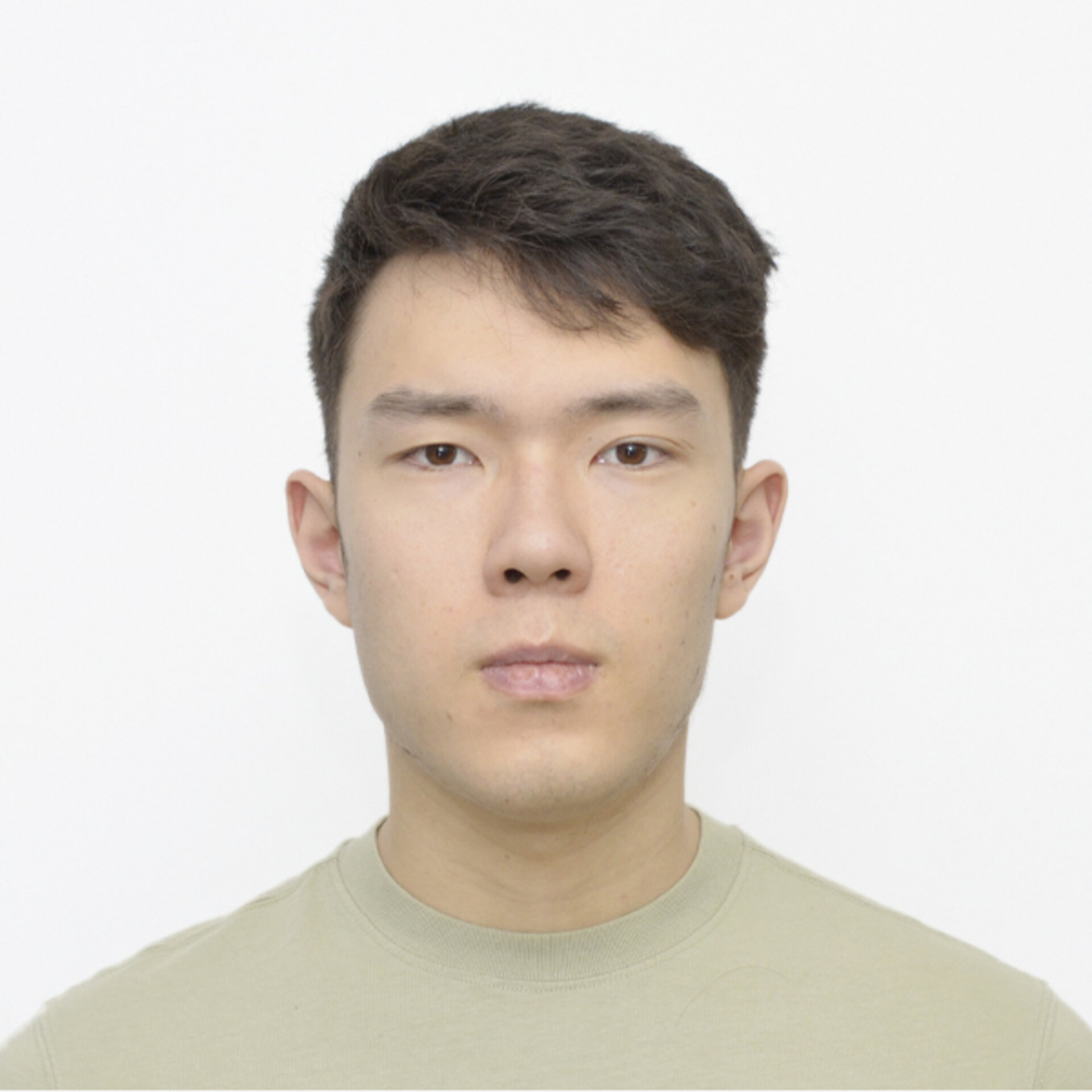- About
- Message from the Chair
- History
- Facilities
- News
- Events
- Info Sci Colloquium
- Advancing Responsible AI with Human-Centered Evaluation
- Bowers Distinguished Speaker Series - Julie E. Cohen, Georgetown University Law Center
- From Agents to Optimization: User Interface Understanding and Generation
- The Language of Creation: How Generative AI Challenges Intuitions—and Offers New Possibilities
- IS Engaged
- Graduation Info
- Info Sci Colloquium
- Contact Us
- Courses
- Research
- Computational Social Science
- Critical Data Studies
- Data Science
- Economics and Information
- Education Technology
- Ethics, Law and Policy
- Human-Computer Interaction
- Human-Robot Interaction
- Incentives and Computation
- Infrastructure Studies
- Interface Design and Ubiquitous Computing
- Natural Language Processing
- Network Science
- Social Computing and Computer-supported Cooperative Work
- Technology and Equity
- People
- Career
- Undergraduate
- Info Sci Majors
- BA - Information Science (College of Arts & Sciences)
- BS - Information Science (CALS)
- BS - Information Science, Systems, and Technology
- Studying Abroad
- MPS Early Credit Option
- Independent Research
- CPT Procedures
- Student Associations
- Undergraduate Minor in Info Sci
- Our Students and Alumni
- Graduation Info
- Contact Us
- Info Sci Majors
- Masters
- PHD
- Prospective PhD Students
- Admissions
- Degree Requirements and Curriculum
- Grad Student Orgs
- For Current PhDs
- Diversity and Inclusion
- Our Students and Alumni
- Graduation Info
- Program Contacts and Student Advising
I am Olzhas Yessenbayev, a Ph.D. student in Information Science at Cornell University. My research passion lies at the intersection of cognitive sciences and HCI, with an emphasis on leveraging cognitive and biological affordances to elevate health technology design. In terms of sensing, I am dedicated to understanding the capacity of passively sensed markers to accurately model and predict our cognitive states. In terms of behavior change, I explore ways to modulate these cognitive states by engaging with semi-voluntary physiological mechanisms seamlessly, through creation of subtle interfaces. For instance, I've incorporated feedback into video-watching experiences to subtly guide eating rates, and I've used peripheral vision—an avenue of sensory input processed almost automatically—as another such interface. These methods aim to craft interventions that seamlessly integrate with users' natural behaviors, fostering effective yet unobtrusive behavior modifications. I am currently under the guidance of Professor Rajalkshmi Nandakumar at Cornell.



